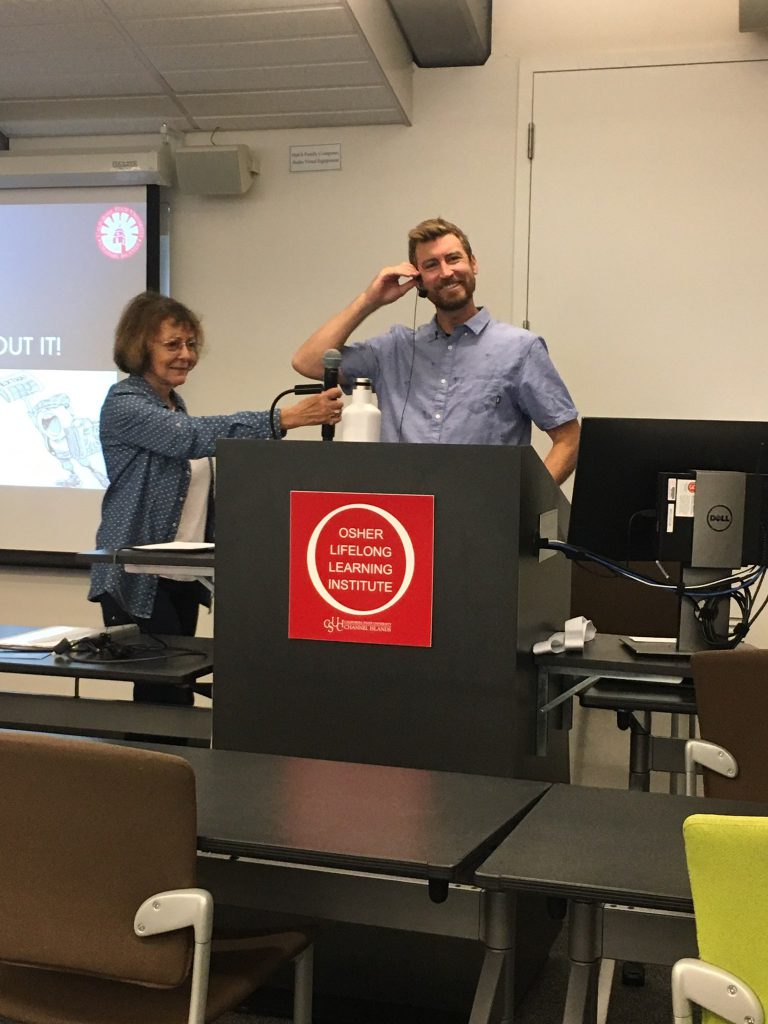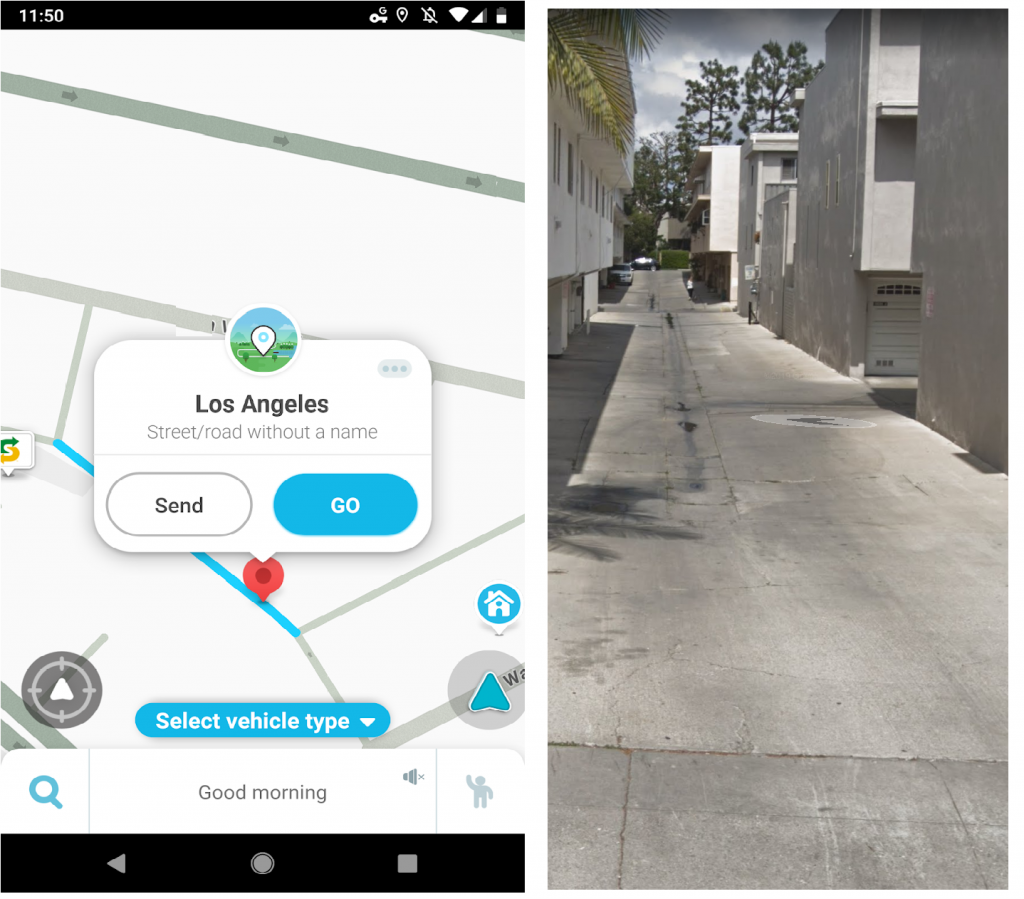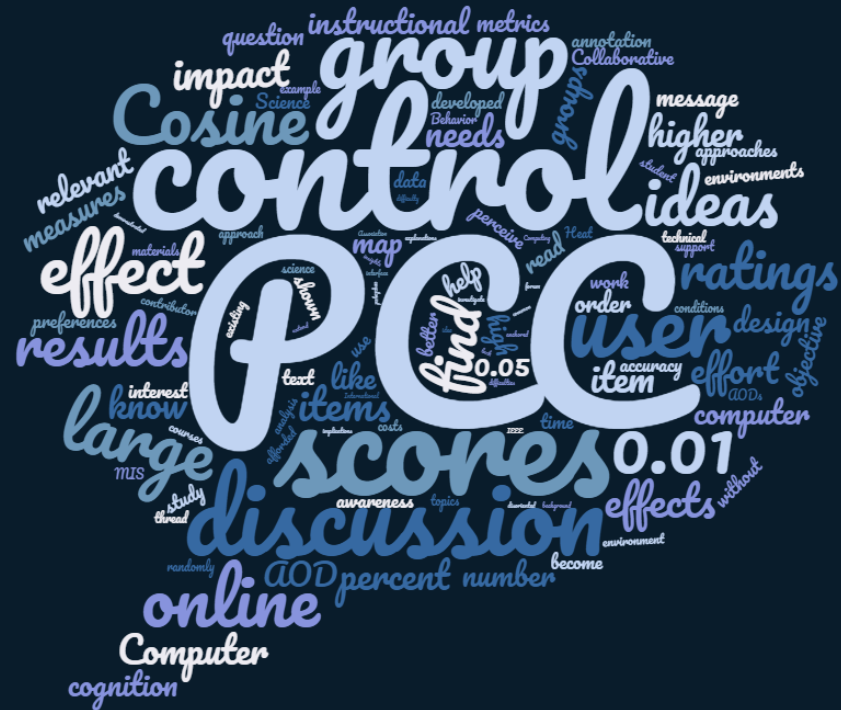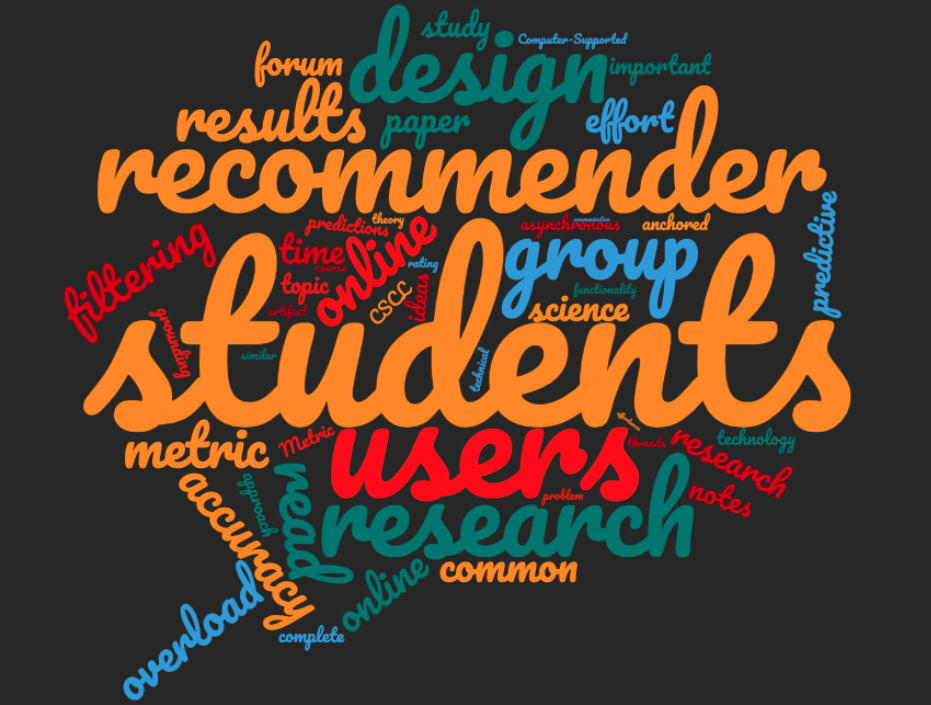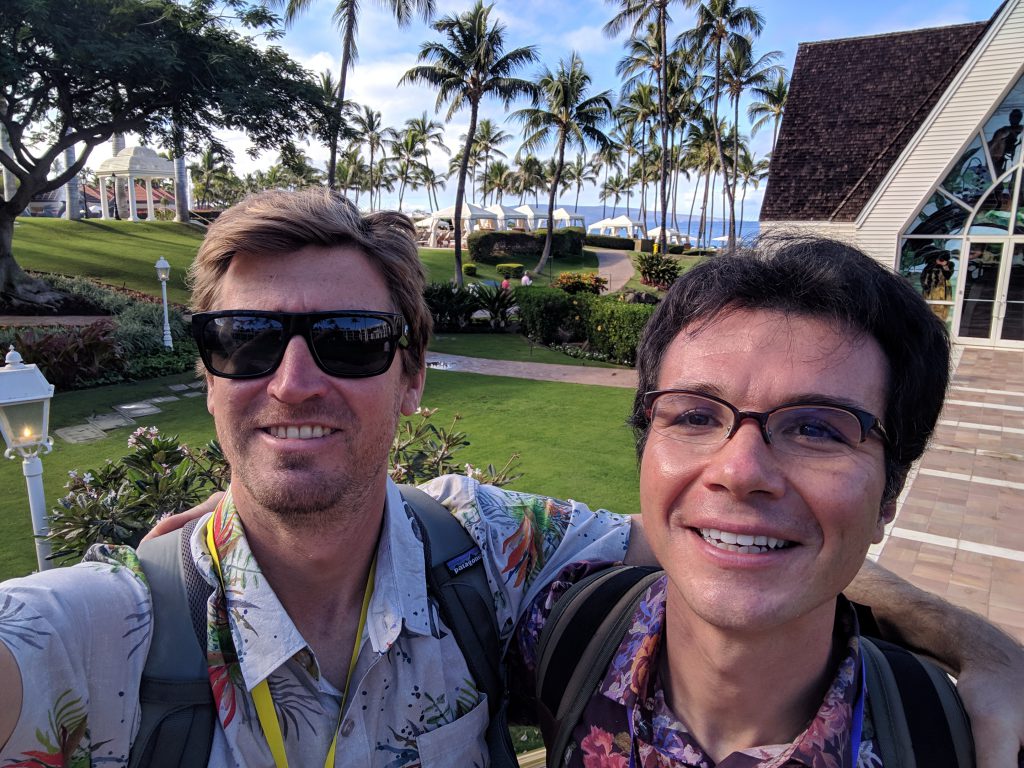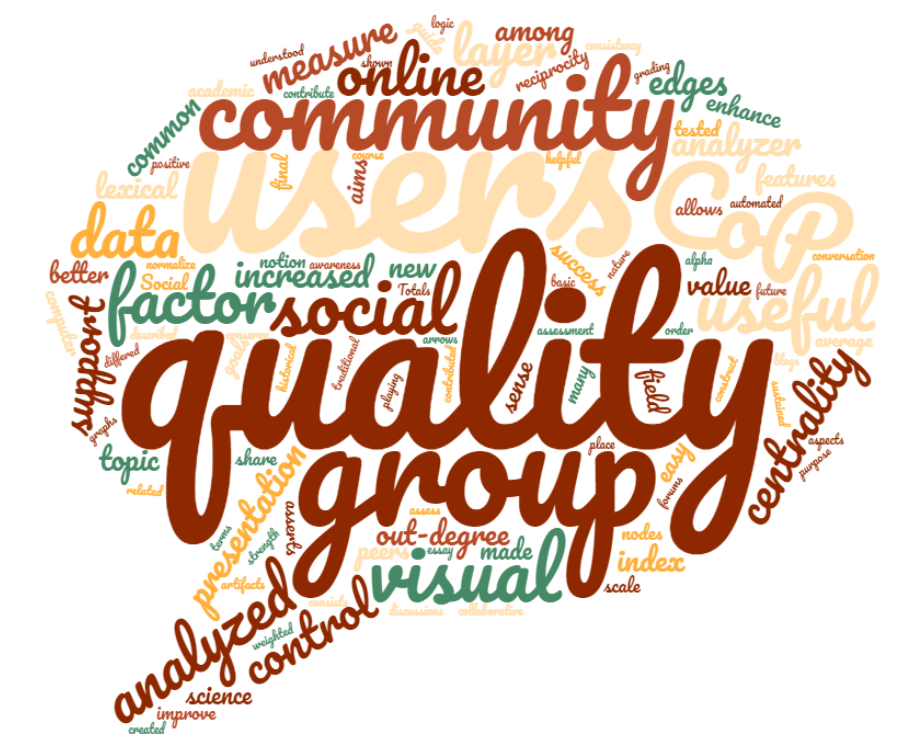I had a great time feeling like a diva and giving a seminar at the Summer Taste of OLLI series.
I did my best to present on a topic that really isn’t my specialty, but I believe it’s important to educate people on where we get information and how well we can trust that information. We covered topics such as Information Disorder, which consists of a combination of misinformation and disinformation. We also discussed the role social media plays in spreading fake news and the role of fake news in our political systems and what measures folks can do to mitigate the amount of disinformation they receive… In one word, Snopes.com. Here is the abstract for the talk:
The subject of “fake news” has arisen again and again before and after the 2016 election, but the concept has actually been around for centuries. This Taste of OLLI lecture will offer a brief history of fake news — the deliberate publication of misinformation and hoaxes in the mainstream media. In the course of this talk, we will receive tips for verifying information and sources and explore how social media has affected the “fake news” phenomenon.
Here is a snap of me trying to figure out how to wear a headset.
More on OLLI can be found here: https://ext.csuci.edu/programs/osher-lifelong-learning-institute/index.htm

